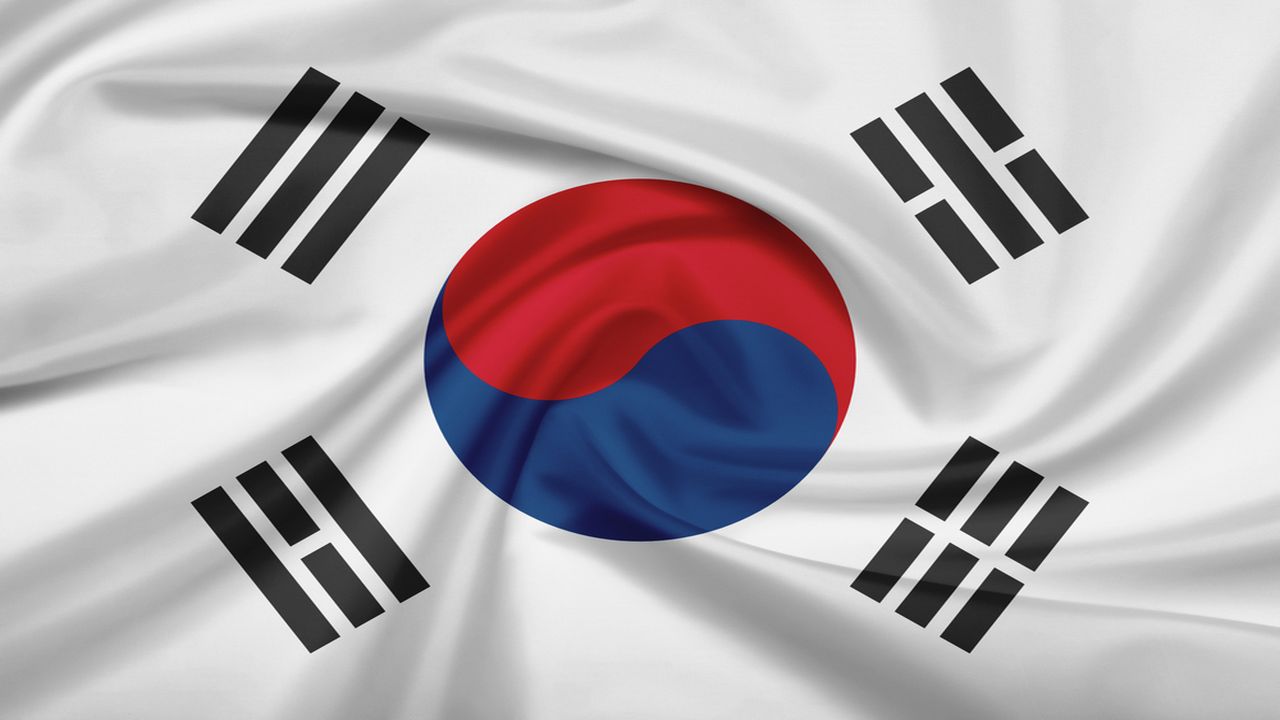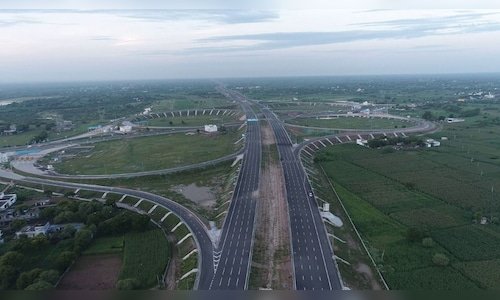
| Company | Value | Change | %Change |
|---|
Gross domestic product grew 0.1% in the three months through December from the previous quarter, the Bank of Korea said Thursday. That figure was weaker than economists’ forecast of a 0.2% expansion. For 2024 as a whole, the economy expanded 2%, a slower than expected pace compared with an estimate of 2.1%.
The anemic quarterly growth figure points to an economy already in a weakened state amid heightened political instability with the prospect of tariffs clouding the outlook for South Korea’s exports, a key engine of growth.
Yoon shocked the nation with his abrupt martial law declaration on Dec. 3, a move that sent the won plunging. The short-lived decree ultimately led to his impeachment and the first-ever arrest of a sitting president in South Korea.
Shoring up growth will be a key concern among policymakers keen to show that the government and central bank can continue to run the economy efficiently and respond effectively to changes in US policy under Trump even when South Korea’s president is under arrest.
“The numbers reflect weakened investment and consumer sentiment as South Korea faces uncertainties from home and abroad, especially with concerns lingering over the future direction of the country’s economy after Trump’s inauguration,” said Lee Seung-suk, a researcher at the Korea Economic Research Institute.
The report showed construction investment taking a big hit in the quarter and private consumption weakening to growth of just 0.2% from the previous three months. Exports rose 0.3% in real terms on semiconductor and other technology shipments. Still, investment in chip-making equipment and other machinery managed growth of 1.6%.
South Korea is among the world’s biggest exporters with semiconductors at the core of earnings. The growth in memory-chip exports has moderated in recent months, prompting policymakers to readjust their expectations for economic growth.
Should Trump slap tariffs on all US trade partners, South Korea would take a hit both directly through a likely reduction in US demand for its exports and indirectly via less sales of Chinese exports relying on Korean supplies.
Seoul is considering the possibility of ramping up its imports of US energy to help placate Trump, people familiar with the matter told Bloomberg last year. South Korea is also mulling the possibility of increased food imports, according to a separate Bloomberg report.


